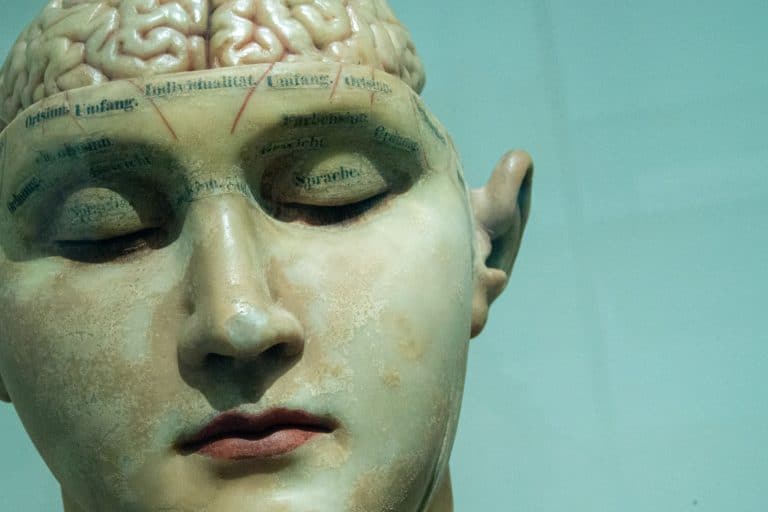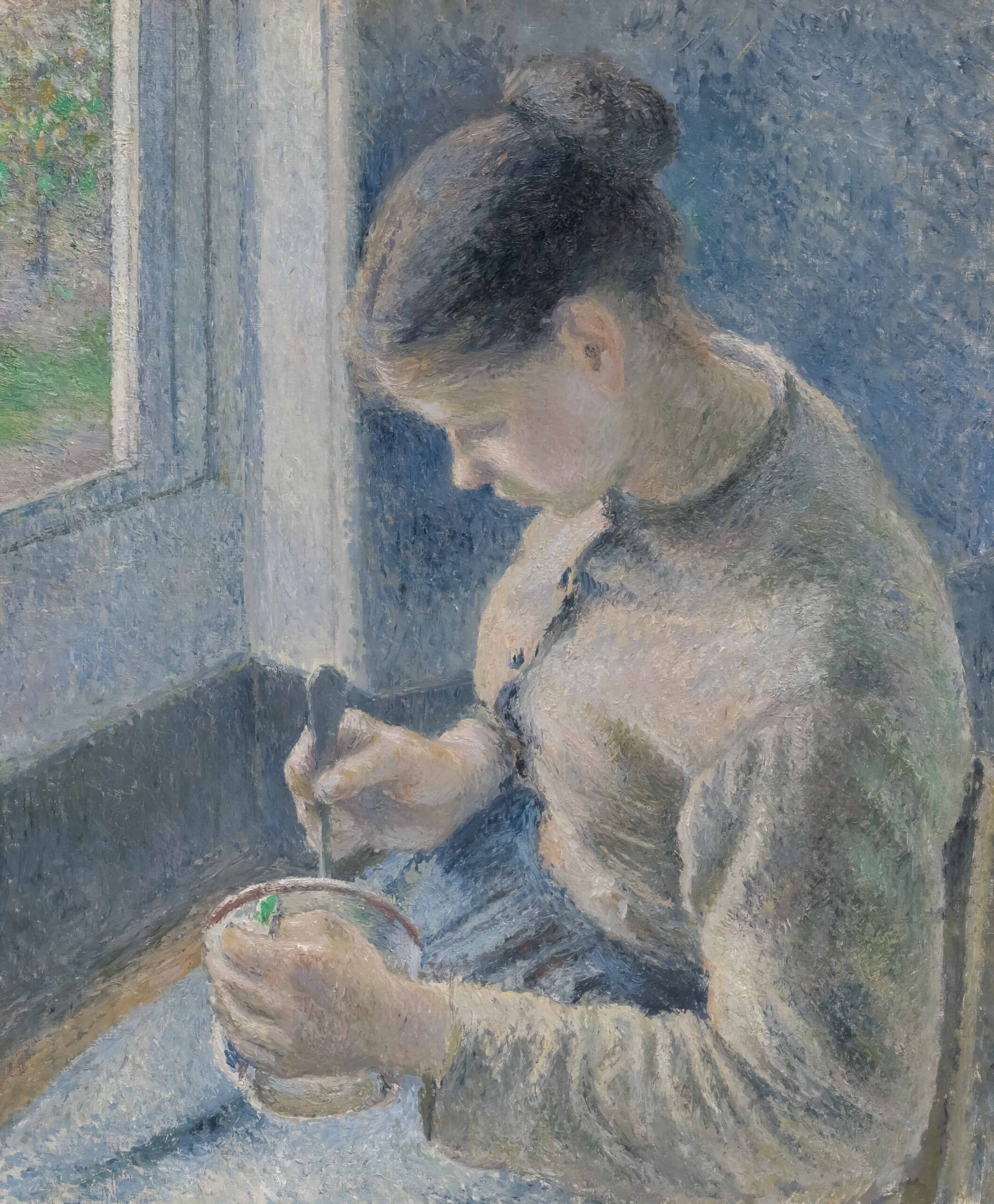Planning Care For A Patient With OCD
Medically Reviewed By – Juliet Gustafson, LMSW

Planning care for a patient with OCD is not an easy feat at all. It requires a lot of patience, bravery and knowledge of OCD. Knowing when symptoms get triggered and why is imperative to help your loved ones.
Furthermore, you should know how to interact with a patient of Obsessive compulsive disorder (OCD) whether they are home or in a medical center. Moreover, keep in mind that this is a process, you will encounter tough times so maintain faith during dark times.
What are you waiting for? Download your FREE OCD Worksheets Now!
This post is all about planning care for OCD patients

Ready to reclaim your life, one fearless step at a time? Your personalized path to anxiety-free living starts now!
Unlock your extraordinary future with PanicAway!
Don’t let anxiety define your story. Choose PanicAway, and step into a world bursting with limitless opportunities and unshakable self-assurance. Your personalized path to an extraordinary life is right here!
Meet PanicAway: Your Personal Roadmap to Liberation from Anxiety
Tired of letting anxiety steal the best moments of your life? It’s time to take charge and embrace a world filled with possibilities, free from fear and panic.
Why PanicAway is Your Perfect Ally in this Journey:
- Immediate Relief: Imagine those sleepless nights and crippling panic attacks becoming distant memories. PanicAway arms you with techniques for instant anxiety relief, putting you back in control.
- Empowerment from Within: It’s not about just managing anxiety; it’s about conquering it at its core. Rediscover your inner strength and emerge as a fearless, empowered version of yourself.
- Reclaim Your Freedom: Visualize a life where anxiety no longer dictates your choices. With PanicAway, you’ll savor the freedom to chase your dreams, explore the world, and seize every opportunity with unwavering confidence.
- Proven Success Stories: Join the community of individuals who’ve transformed their lives with PanicAway. You can be the next success story, and we can’t wait to celebrate your triumph!
- Comprehensive Support: You gain access to a treasure trove of resources, from life-changing e-books to enlightening audio guides. Plus, connect with kindred spirits on their own journeys to overcome anxiety.
What is OCD
With a lifetime frequency of 1-3% obsessive-compulsive disorder (OCD) is a prevalent mental condition. It is the fourth most prevalent psychiatric disorder and a major contributor to disability. OCD is linked to considerable functional, quality of life, and disability impairment. If left untreated, OCD is a chronic condition with repetitive symptoms.
Even though OCD is a widespread mental condition, most sufferers only seek help after several years. OCD patients frequently hide their symptoms (unwanted thoughts, compulsive behaviors, intrusive thoughts, ritualistic behaviors) and experience shame and humiliation as a result.
Only around one-third of OCD patients receive the proper medication, and even fewer receive evidence-based psychotherapy such as Cognitive Behavior Therapy and cognitive restrucurting.
Methods Of planning Care for OCD patients
It is important to know the differences between caring methods of Obsessive compulsive disorder (home vs medical center). Understanding how to help and when is very important as OCD is quite a complicated mental disease. From recommendable to excellent OCD resources in mental facilities all the way to your doorstep, it is your responsibility to educate yourself on OCD to better help your loved ones.
For pacing purposes, we will start from how to help patients of OCD from medical centers and work our way to their respective homes.
Related Article(s) – What Will Happen if OCD is Left Untreated?
In Patient-Facilities
An in-patient facility should offer treatments that are suited for OCD sufferers. The service provides workers the spaces and tools they need to properly perform their tasks specific to OCD treatment.
1- Recommendable
- To have private consultation rooms
- Availability of a psychiatric inpatient ward or day treatment facilities (not necessarily specific for OCD, may be a general psychiatric inpatient ward) with specific knowledge of OCD treatment for severe patients or for specific Obsessive compulsive disorder treatments
2 – Excellence
- Consultation and counseling rooms large enough for family meetings
- Group therapy room
- Access to facilities for showering/bathing, for practicing behavioral exercises
- Computer and internet access for therapeutic exposure of patients
- Access to kitchen facilities so as to practice preparing food
Mental Health Staff For OCD Patients
In order to ensure that patients receive the proper care in accordance with cutting-edge knowledge, qualified and skilled staff are crucial. Employees receive the necessary training for their position, and their ongoing professional growth is supported. Team members’ duties and tasks are specified.
1 – Recommendable
The unit has at least one staff psychiatrist with clinical experience and training in the following:
- Psychopathology of obsessions and compulsions and the assessment of insight into the main clinical dimensions/subtypes of Obsessive compulsive disorder (OCD)
- Diagnostic criteria for Obsessive Compulsive Disorder (OCD)
- The diagnosis, background and treatment of OCD spectrum and related disorders.
- At least one scale for the assessment of OCD, preferably the Yale-Brown Obsessive Compulsive Scale (Y-BOCS)
2 – Excellence
- A clinical psychologist or mental health professional who has had advanced training in evidence-based interventions for OCD such as Exposure and Response Prevention.
- A mental health nurse with clinical experience in Obsessive Compulsive Disorder for inpatients.
- Therapist with experience in family therapy to provide education to family members on how they can support their loved one with Obsessive Compulsive Disorder.
- Neurosurgeons trained in deep brain stimulation, if this treatment is offered by the unit.
Did you know? The OCD Y-BOCS Test is considered the “Gold” standard for measuring symptom severity.
Management Plan for planning care of OCD Patients
- detailed evaluation of symptoms (obsessive thoughts and compulsive behaviors) and coexisting mental disorders, such as suicidal behavior and/or anxiety disorders using only an unplanned clinical interview or in combination with organized tests.
- the selection of a treatment plan (outpatient vs. inpatient care depending upon the severity, treatment resistance etc.)
- The patient and any family members will receive thorough patient education about OCD, its course, and the available treatments, including how long they will last.
- Options for treatment: Exposure and Response Prevention (ERP), medications, or a combination Given its viability, affordability, SSRIs are chosen as first line treatment over CBT, barring shortage of qualified therapists.
- If SSRIs (selective serotonin reuptake inhibitor) by themselves are not helpful, ERP might be taken into account.
- Patients will work closely with a psychiatrist with advanced knowledge of OCD. Patients will have time to ask questions about medication options, common side effects and stress management techniques.
Love Reading? – Checkout the best OCD books handpicked by us!
How to support a loved one with OCD
Keep in mind that you are a crucial part of the OCD patient’s daily functioning while you engage with them. Finding ways to help patients respond to their triggers is crucial, as is supporting the patient in managing their obsessions, compulsions, and anxieties.
The patient’s severe anxiety, unwanted thoughts, ritualistic behaviors and compulsive acts should first be acknowledged without judgment. A patient with OCD is usually very self-conscious about their condition.
Reflecting the client’s feelings might also help to decrease anxiety and patient’s stress. Allow the patient to act out their compulsion if it is safe for them to do so. This is because in early treatment, not allowing the patient to act on their compulsion can often trigger panic.
Encouraging the patient to discuss why they must perform compulsive behavior and what it means might also assist them to relax.
You can find more info regarding Inpatient and/or Outpatient resources for people with OCD at IOCDFNOCD.
Living With Someone Who Has OCD

Signal Recognition Is Important For OCD
The first recommendation emphasizes that family members learn to notice OCD’s “warning flags.” As part of their OCD, persons with OCD may think things you aren’t aware of, so keep an eye out for behavioral changes.
It is critical not to ignore noticeable behavioral changes as “simply their personality.” Remember that these changes may be gradual, but they are distinct from how the person has previously behaved.
Signals to look out for
- large blocks of unexplained time spent alone by the person (in the bathroom, getting dressed, doing homework, etc.)
- Doing things repeatedly (repetitive behaviors)
- Constant doubting of one’s own judgment; overwhelming need for reassurance
- Simple tasks are taking much longer than normal.
- Nonstop tardiness
- Increased attention for little details and minor things
- Extreme emotional reactions to seemingly insignificant events
- Talk to your loved one to learn about their specific “warning signs.”
Change Your Expectations
People with OCD frequently indicate that change, even positive change, can be distressing. These are frequently the moments when OCD symptoms worsen, but you can lessen stress by lowering your expectations during these periods of change. Remind yourself that the effects of change will also change; in other words, the OCD sufferer has survived many ups and downs and that setbacks are not irreversible.
Related Article(s) – Effects Of Seasonal Change On OCD
Remember that people improve at different rates
The degree of OCD symptoms varies greatly across individuals. Keep in mind that the level of functioning at which progress is being measured should be the individual’s own, not the level of others. The person should be encouraged to push themselves and perform at their best; yet, if the pressure to perform “perfectly” exceeds the person’s actual capacity, it increases stress, which causes further symptoms.
Just as there is great variety in the severity of OCD symptoms across individuals, there is also wide diversity in how quickly individuals respond to treatment. Please be patient. Slow, slow recovery may be preferable in the long run if relapses are to be avoided.
Make a Positive Environment and Support without Enabling
The more you can avoid personal criticism, the better – remember, it’s the OCD that irritates everyone. Try to learn as much as you can about OCD. Remember that acceptance and support do not imply disregarding obsessive behavior; your family member still needs your support and encouragement as a person.
Make every effort not to submit to the compulsions. Explain to them in a calm, firm manner that the compulsions are OCD symptoms, and that you will not help them carry them out because you want them to resist as well. “Support without enabling!”
Related Article(s) – What Will Happen if OCD is Left Untreated?
Encourage Taking OCD Medication and Engaging in Therapy Directed
Encourage your loved one to find an OCD therapist and ask how you can support them in their treatment. Make certain that you do not contradict the medicine recommendations. All drugs have varying degrees of serious adverse effects. Such medications include selective serotonin reuptake inhibitors
Ask your family member if you might attend their prescribing physician appointments on a regular basis. You can ask questions, learn about side effects, and report any behavioral changes you notice this way.
Seek Support for Yourself
It is important that you, as a loved one of someone with OCD, is able to get your own support! Visit IOCDF to learn about support groups and resources for family members.

Ready to reclaim your life, one fearless step at a time? Your personalized path to anxiety-free living starts now!
Unlock your extraordinary future with PanicAway!
Don’t let anxiety define your story. Choose PanicAway, and step into a world bursting with limitless opportunities and unshakable self-assurance. Your personalized path to an extraordinary life is right here!
Meet PanicAway: Your Personal Roadmap to Liberation from Anxiety
Tired of letting anxiety steal the best moments of your life? It’s time to take charge and embrace a world filled with possibilities, free from fear and panic.
Why PanicAway is Your Perfect Ally in this Journey:
- Immediate Relief: Imagine those sleepless nights and crippling panic attacks becoming distant memories. PanicAway arms you with techniques for instant anxiety relief, putting you back in control.
- Empowerment from Within: It’s not about just managing anxiety; it’s about conquering it at its core. Rediscover your inner strength and emerge as a fearless, empowered version of yourself.
- Reclaim Your Freedom: Visualize a life where anxiety no longer dictates your choices. With PanicAway, you’ll savor the freedom to chase your dreams, explore the world, and seize every opportunity with unwavering confidence.
- Proven Success Stories: Join the community of individuals who’ve transformed their lives with PanicAway. You can be the next success story, and we can’t wait to celebrate your triumph!
- Comprehensive Support: You gain access to a treasure trove of resources, from life-changing e-books to enlightening audio guides. Plus, connect with kindred spirits on their own journeys to overcome anxiety.
Final Thoughts on planning care for OCD patients
OCD is a mental health disorder found in the Diagnostic and Statistical Manual of Mental Disorders. A thorough psychological evaluation is necessary to diagnose OCD. Depending on the severity of OCD , some people may need long-term, ongoing or more intensive treatment.
From commitment therapy, intensive treatment options such as intensive outpatient and intensive inpatient techniques are effective ways to treat ocd. Other methods include cognitive restructuring and cognitive behavioral therapy are used to cope effectively with ocd.
This post was all about planning care for OCD patients



